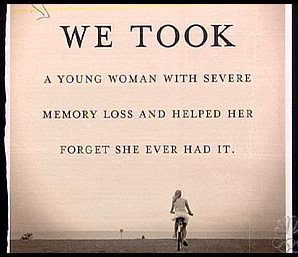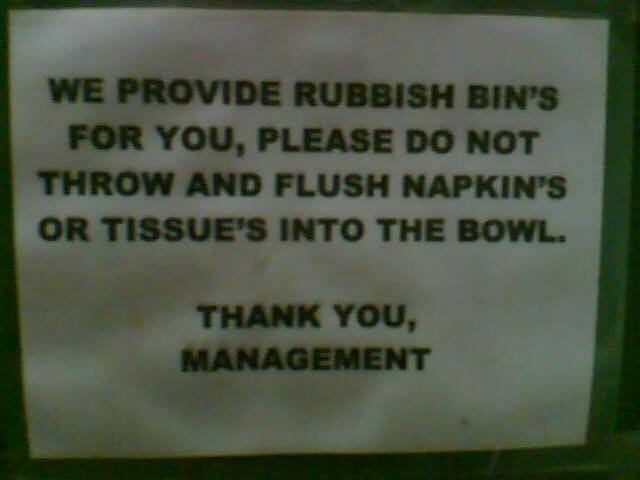Somebody asked me the secret to expanding one’s vocabulary.
First off, I suspect that right now, you know pretty much all the words you need to know to survive in your chosen career. I don’t prescribe memorizing a new word a day. Life is too short and stressful as it is. Just use the words you already know as well as you can.
But for the sake of continuous improvement, and if you really want to deposit more into your word bank, let me share with you a few tips:
Audience – Who is your target reader? With whom do you frequently communicate? Are they entrepreneurs? Then read a lot of business magazines and use the terms frequently used — capital, investment, bottom line, strategy, sustainability –and use them literally or metaphorically in your sales letters. Do you write articles read by sports enthusiasts? Pepper your write-ups with words about winning, teamwork, the finish line. Google specific glossaries and list down words you might be able to use in your writing. Do not overdo it. Plain English is still better than jargon. Just use enough to get the attention of your readers, who would appreciate that you use their language.
Books – There are two main tips I give to aspiring writers. One is to write, write, write. And another is to read, read, read. Read aloud. Underline the words which you are not familiar with and look them up. Google them to see how these words are usually used. Experiment by using these words in your speech or written pieces. Just make sure you are using them in context.
Crossword Puzzles – I kid you not. In my youth, I discovered the word ecru through crossword puzzles. Find the difficulty level you’re comfortable with but one that is challenging as well. And yes, you can peek and cheat. That’s how you discover the words you do not know.
Dictionary – The most obvious place to look. I don’t prescribe reading it from A to Z. Rather, check it out when you have certain words you want to look up. I recommend Merriam Webster’s Collegiate Dictionary. These days, however, it so much more convenient to go to www.dictionary.com. Don’t just read the first meaning. Read through it so you understand the nuances of the word.
Enjoy the Process – Play word games online. Play scrabble with a really good player. Listen to good speakers and learn which words inspire the audience. Experiment with new words. Don’t go through the motions of memorizing one word a day when you find the process tedious. Try to use a newly discovered word 10 times a day. Use them for knock knock jokes. You’re bound to remember them better.
F7 – Microsoft’s Shift F7 is such a blessing to writers. It’s a very convenient thesaurus. Use it when you think you’ve been repeating a certain word too much. You might be tempted to use an extremely impressive sounding word that no one else you know has heard of. Don’t. The point is to be understood. Write to express, not to impress. So, stick to words that most people will understand. And be careful that you are using the word properly or else you will be taken as a pretentious fool.
So, there you have it, the ABCs of expanding your vocabulary. Again, I encourage you to read as often as you can. Read a balance of fiction and non-fiction. Read well-written books. Read books on writing. Read books that discuss topics you are interested in.
The process of expanding your vocabulary is not an instant thing. It takes time. And remember, it is not the words you know, but how you use the words you know that will help you write effectively.






